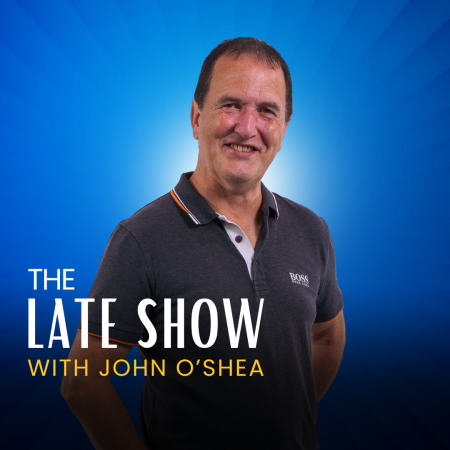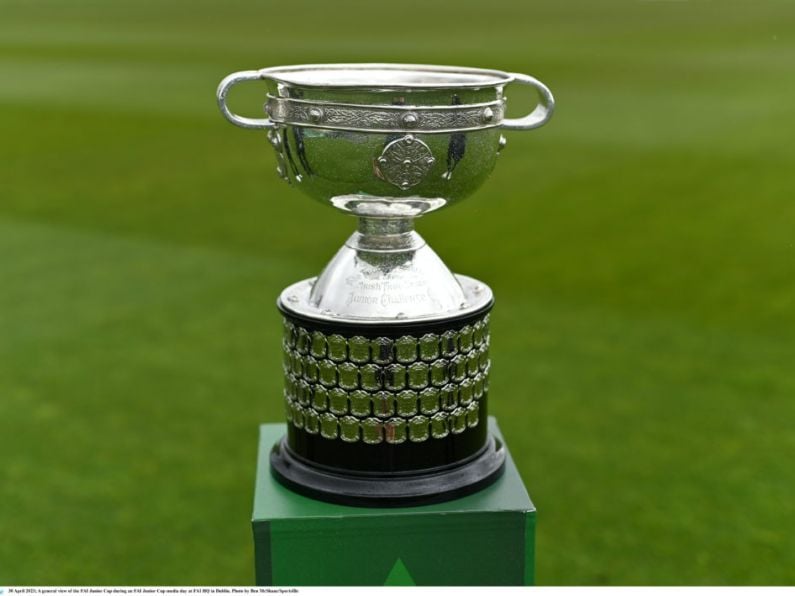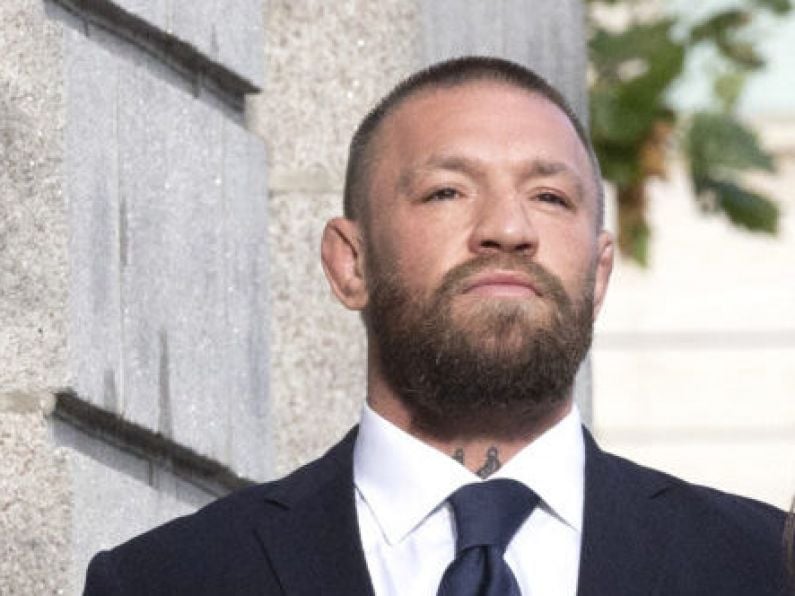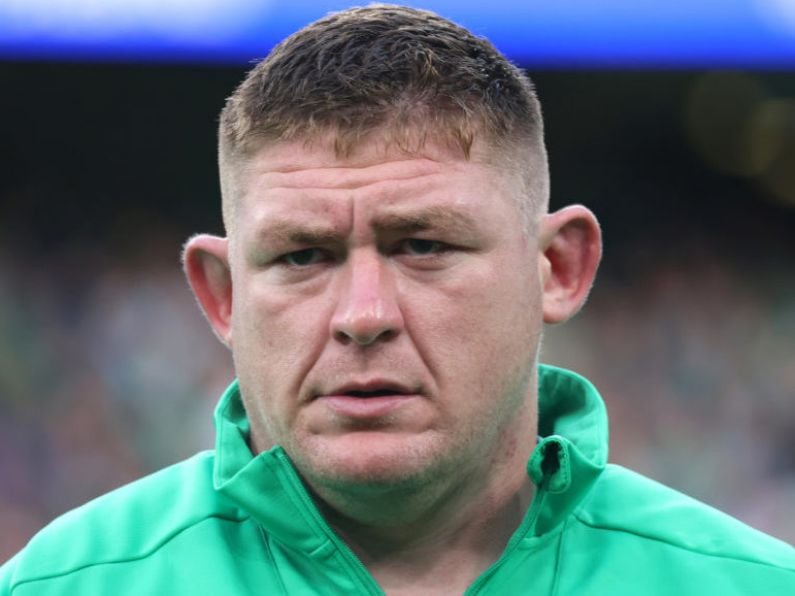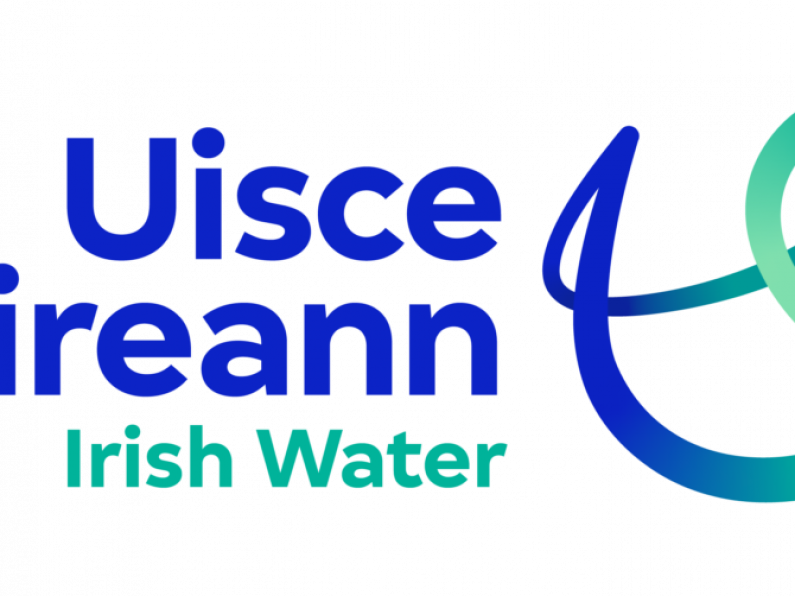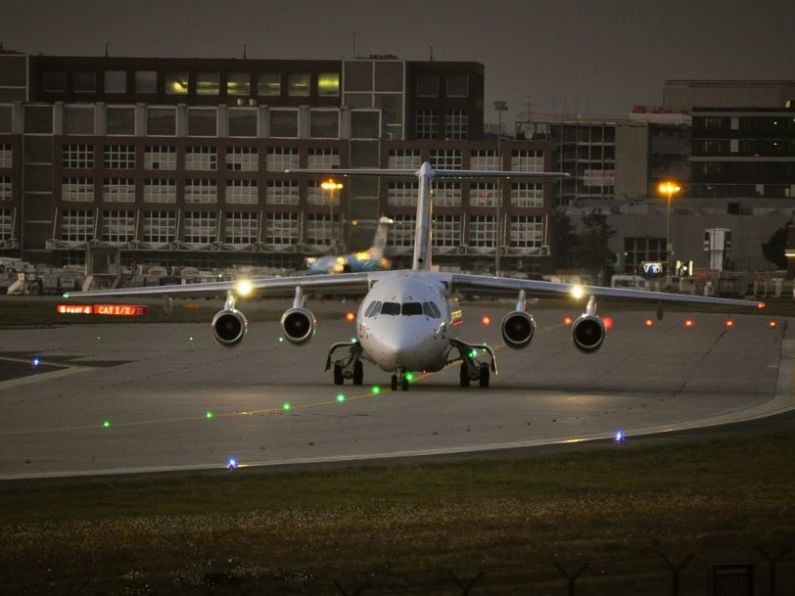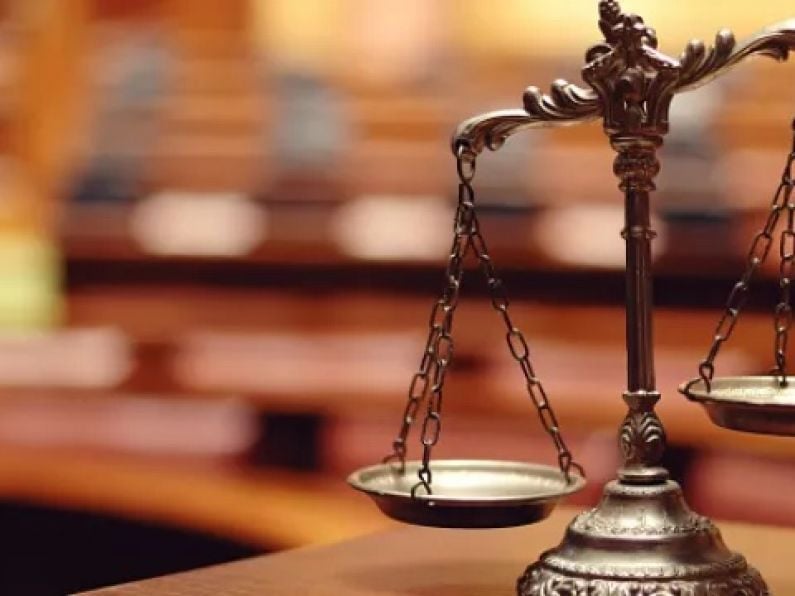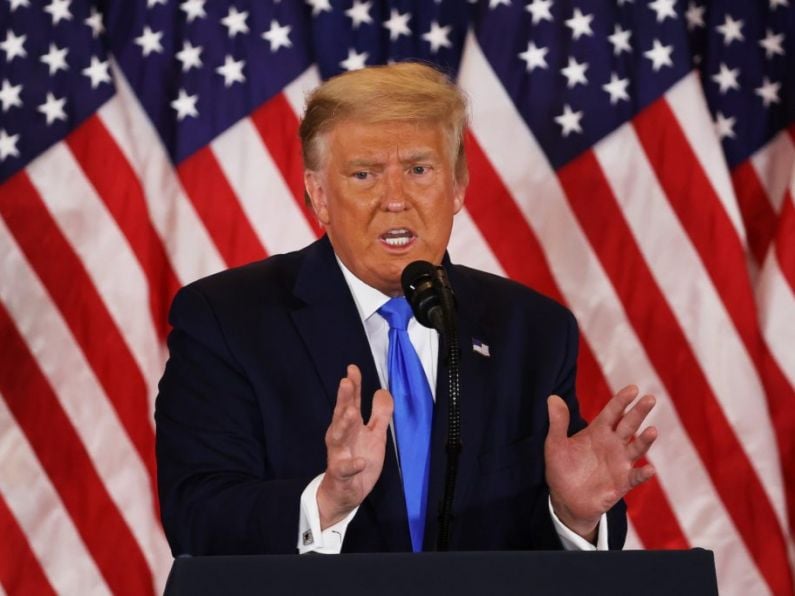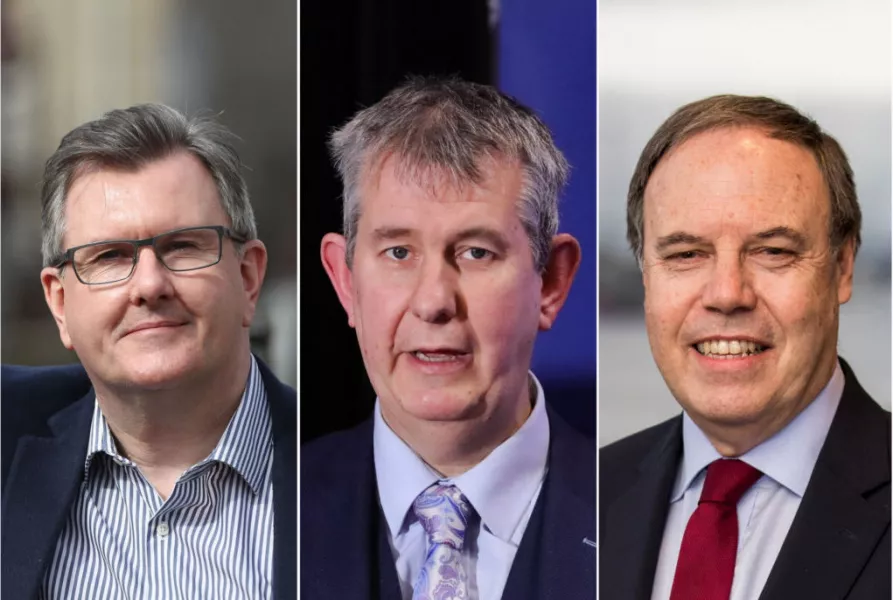
By David Young, PA
Arlene Foster has announced her resignation as DUP leader, confirming she will stand down as party leader on May 28th and as First Minister of Northern Ireland at the end of June.
The DUP has never had a contested leadership election and it remains to be seen whether it will be any different this time.
Ms Foster, the third leader in the party’s history, replaced the retiring Peter Robinson unchallenged in 2015, in the same way he had succeeded party founder Ian Paisley in 2008.
It is not clear if the next leader will enjoy a similar coronation, or whether there will be more than one candidate vying for the party’s top job.
There has also been considerable speculation that whoever emerges as DUP leader may not take up the role of the North's First Minister.
Rules on double jobbing means someone sitting in the UK parliament in London could not be First Minister and there have been suggestions the party faithful might prefer to split the two positions, with a leader based in Westminster while another senior member takes the reins at Stormont.
The model is not without precedent and is already operated by the DUP’s partners-in-government, Sinn Féin.
The contest, when it is held, will involve a very small electorate – only the party’s MLAs and MPs will get a vote.
Here are some of the contenders that could emerge as either DUP leader and/or First Minister following Ms Foster’s departure:
Jeffrey Donaldson
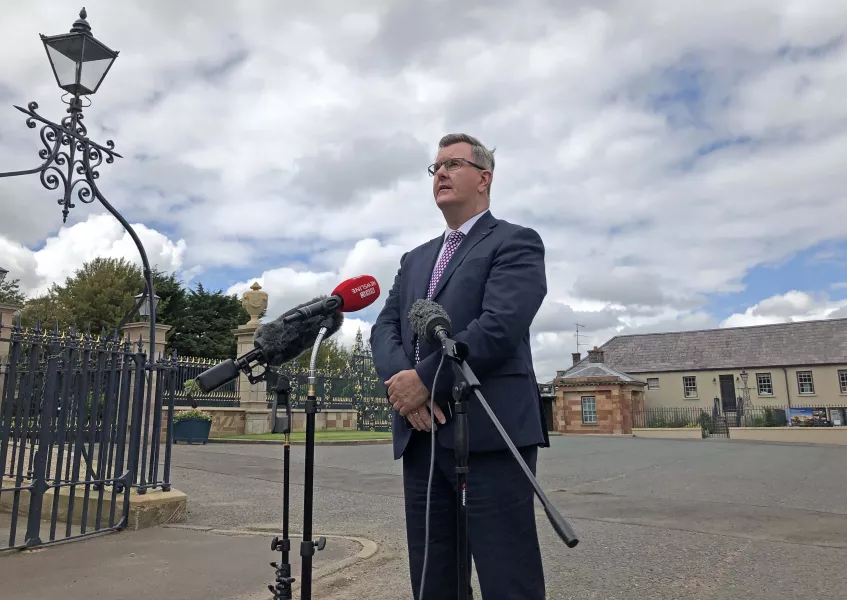
The long-standing MP for Lagan Valley is the party’s current leader at Westminster. The former Ulster Unionist is seen as a moderate whose political outlook would be broadly in line with Ms Foster’s.
There is a sense that the traditional wing of the DUP never quite trusted Ms Foster due to her UUP roots and Mr Donaldson would face a similar challenge if he was to succeed her.
Edwin Poots

The North's current Agriculture Minister. An experienced ministerial operator who has held a number of senior executive portfolios. Has made little secret of his political ambitions and is seen by many as the leading contender to replace Ms Foster.
Viewed as a hardliner, he is more aligned with the religious fundamentalist wing of the party. Has found himself in an awkward position of late as the minister with responsibility for implementing the checks required under the Northern Ireland Protocol – a factor that could work against him.
Gavin Robinson

MP for East Belfast and former lord mayor of Belfast. The face of the party’s young generation.
A former barrister, Mr Robinson is seen as a capable operator and viewed as a political moderate.
Sammy Wilson

Was tempted to challenge for the job in 2015 but ultimately did not run after Peter Robinson made it clear that Ms Foster was the preferred candidate to succeed him. The arch Brexiteer is a popular figure with the grassroots and would be viewed as another hardliner.
Whether he would consider running this time round is unclear. His opportunity to do so may have come and gone in 2015.
Nigel Dodds

In normal circumstances, the deputy leader would be well placed to succeed the leader.
However, the internal criticism of Ms Foster has extended to Mr Dodds and it would be highly unlikely that he would be seen as the “change” candidate the rank and file are hankering for.
Ian Paisley

The son of the party founder, Mr Paisley has a very significant personal following within the DUP. However, he is sometimes viewed as somewhat of a maverick who ploughs his own furrow in the Paisley stronghold of North Antrim.
His standing within the party outside of his constituency heartland has been dinted by a series of controversies involving parliamentary expenses.


